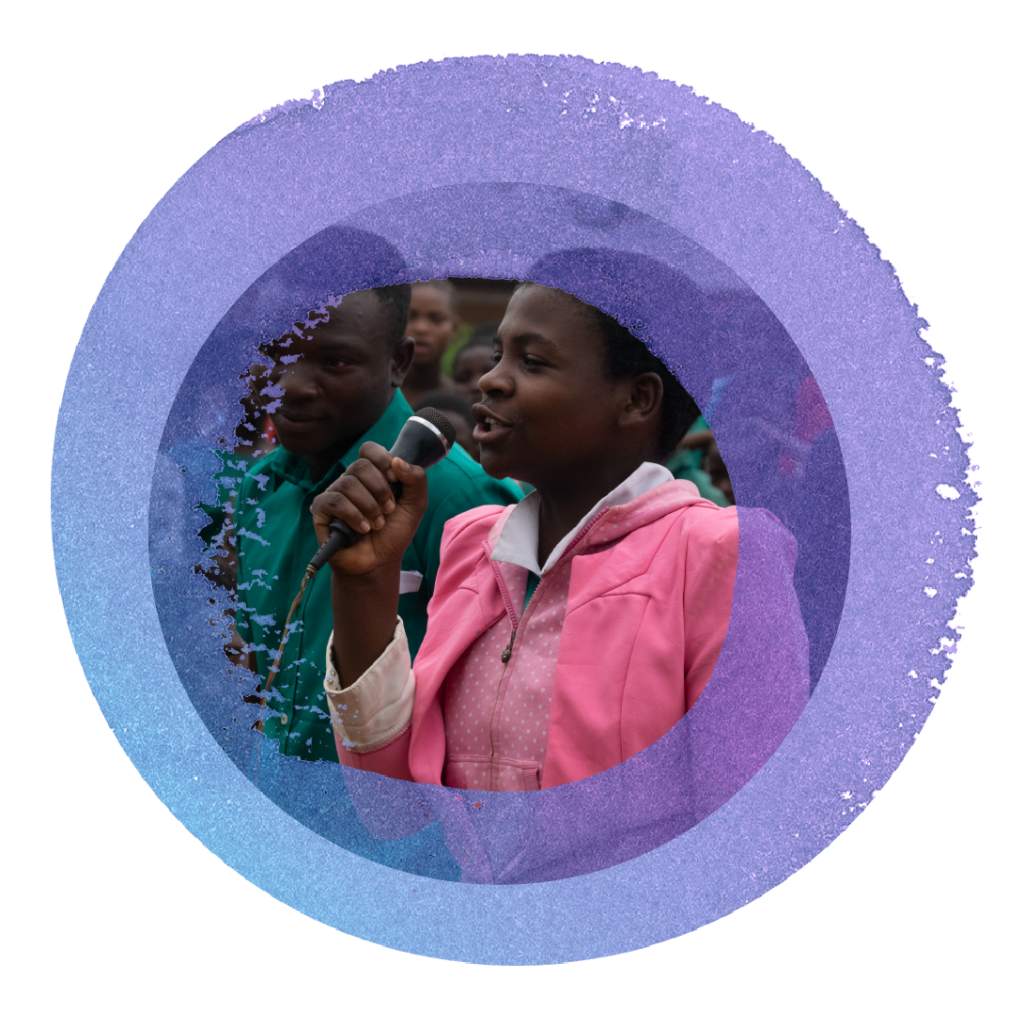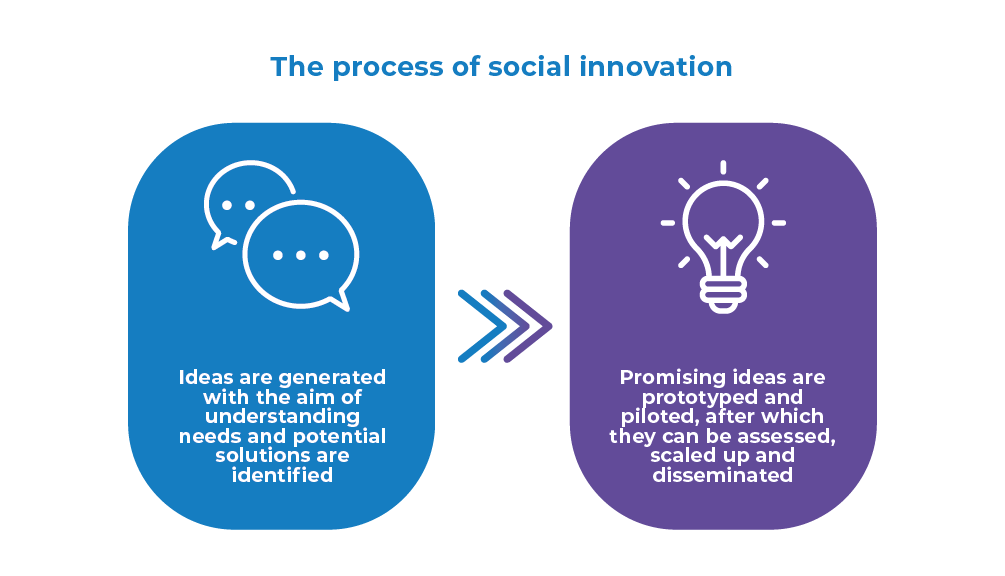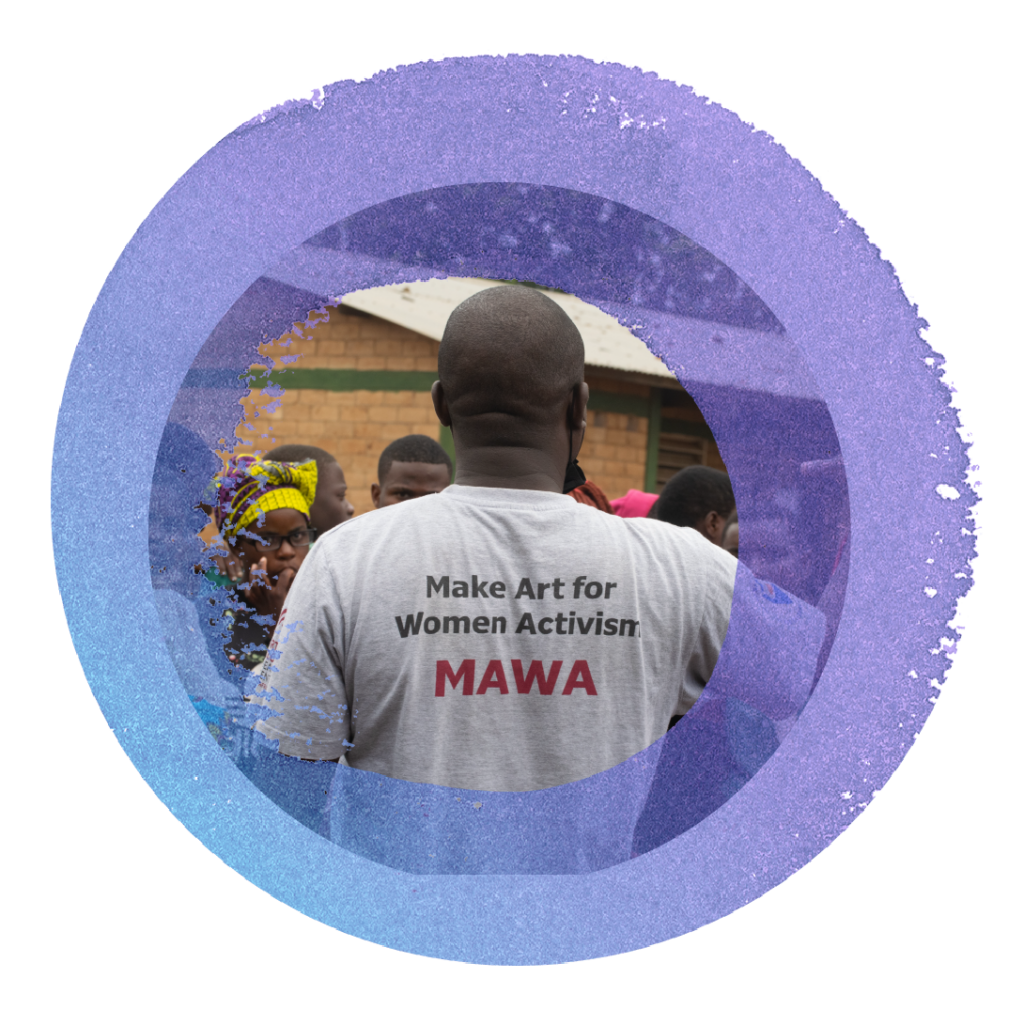Chapter 6
Introduction
Ongoing development challenges such as climate change, intensifying inequalities, political polarization and the COVID-19 pandemic mean that people and institutions increasingly find themselves working in crisis mode. Some volunteer groups have repurposed themselves while others have formed spontaneously, often providing innovative high-tech and non-tech solutions in response to immediate and urgent community needs.

Social innovation broadly refers to the development of new ideas or processes that aim to address gaps. Long-term social problems, and the emergence of new ones, mean that people and institutions have to think outside the box and implement new and cutting-edge initiatives. In the context of volunteerism, volunteers are often involved in generating, implementing and disseminating new ideas and practices that address a social need.
Drawing on case study research on volunteer–state partnerships the Global South countries of Colombia, Kenya, Malawi, Trinidad and Tobago, and a project that spans the Small Island Developing States (SIDS) of Fiji, the Solomon Islands and Vanuatu, this chapter explores how volunteerism can be a driver of social innovation and volunteers’ involvement in shaping and facilitating new ways of working, and provide new solutions to address sustainable development challenges.
'
Social innovation broadly refers to the development of new ideas or processes that aim to address gaps. Long-term social problems, and the emergence of new ones, mean that people and institutions have to think outside the box and implement new and cutting-edge initiatives. In the context of volunteerism, volunteers are often involved in generating, implementing and disseminating new ideas and practices that address a social need.
Drawing on case study research on volunteer–state partnerships the Global South countries of Colombia, Kenya, Malawi, Trinidad and Tobago, and a project that spans the Small Island Developing States (SIDS) of Fiji, the Solomon Islands and Vanuatu, this chapter explores how volunteerism can be a driver of social innovation and volunteers’ involvement in shaping and facilitating new ways of working, and provide new solutions to address sustainable development challenges.
Key Highlights
Key Infographics

Conclusion
Volunteer–state partnerships for social innovation not only help shape development outcomes that are more responsive to communities’ needs, but also play an integral role in spearheading and driving innovation. Volunteers contribute to a deeper and more detailed understanding of the issues because they are members of their local communities. What is more, volunteers’ commitment to shared values (often based around ideas of inclusion and equality), their reciprocal relationship with state authorities, and the demand for their voices to be heard further strengthens their contribution towards the social aspect of innovation. Volunteers are therefore a vital asset to state authorities.
Importantly, social innovations that emerge from volunteer–state relationships may not necessarily result in the development of new products and services. Instead, the outcome may take the form of innovative ways of working, including through the establishment of new processes.


